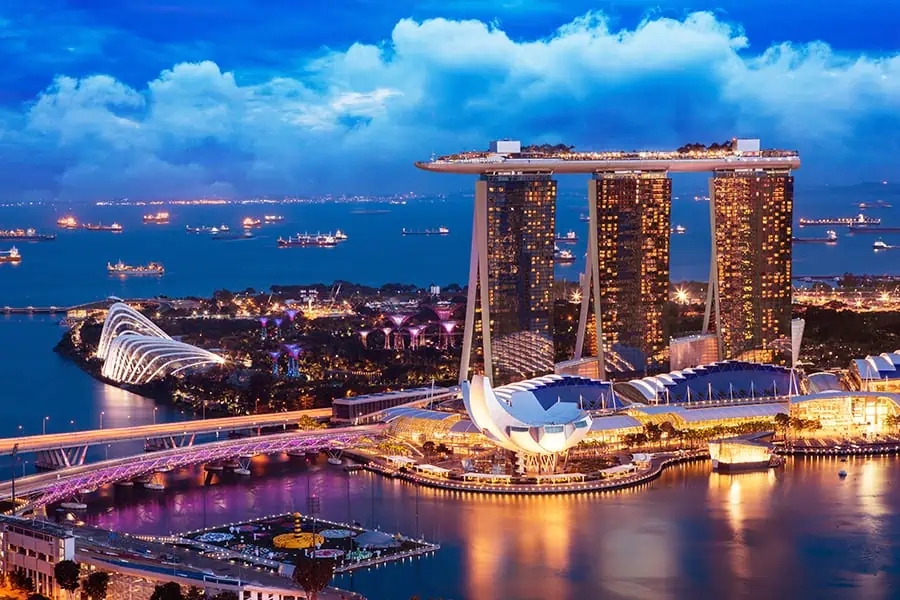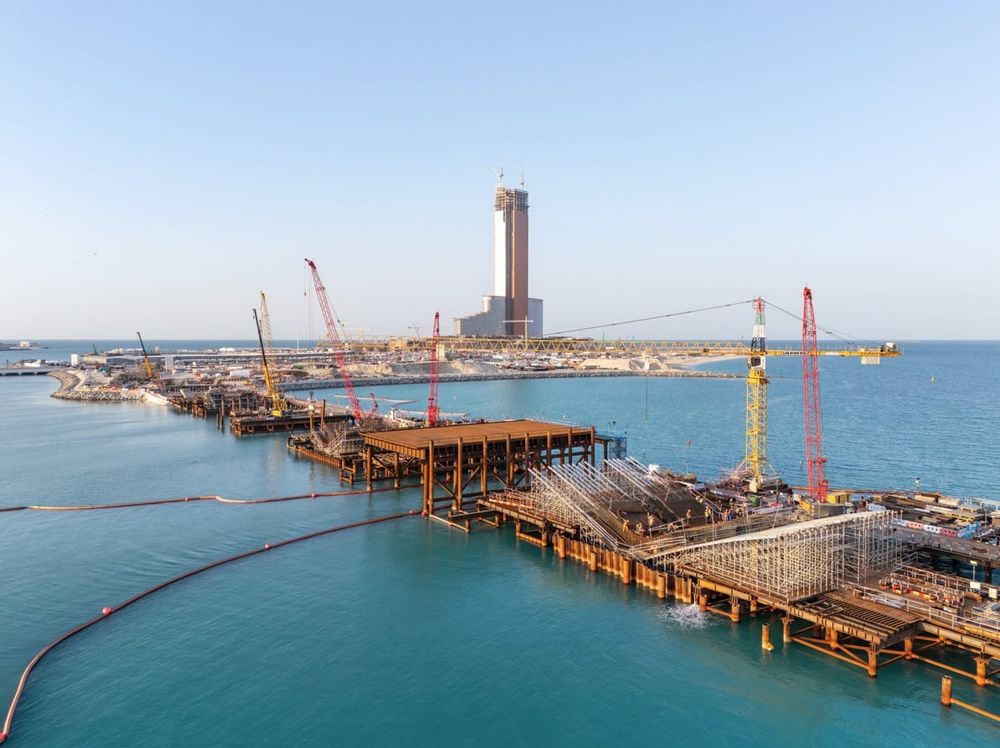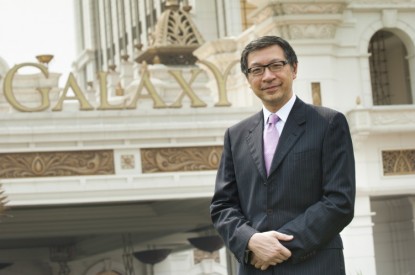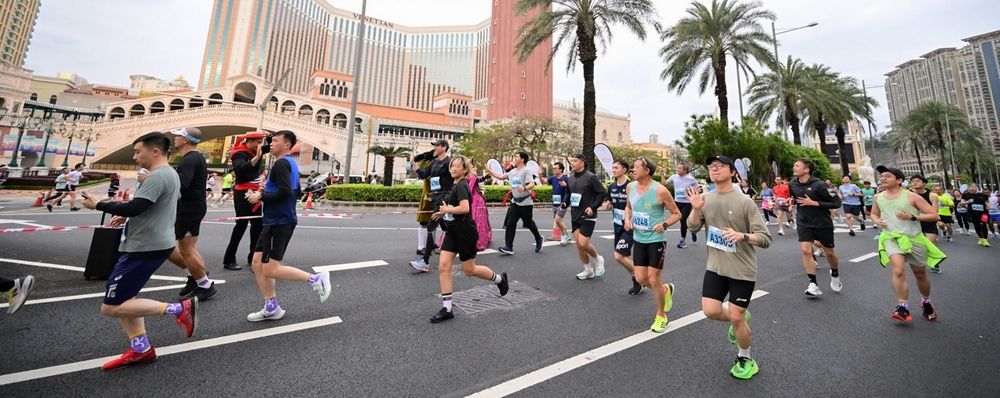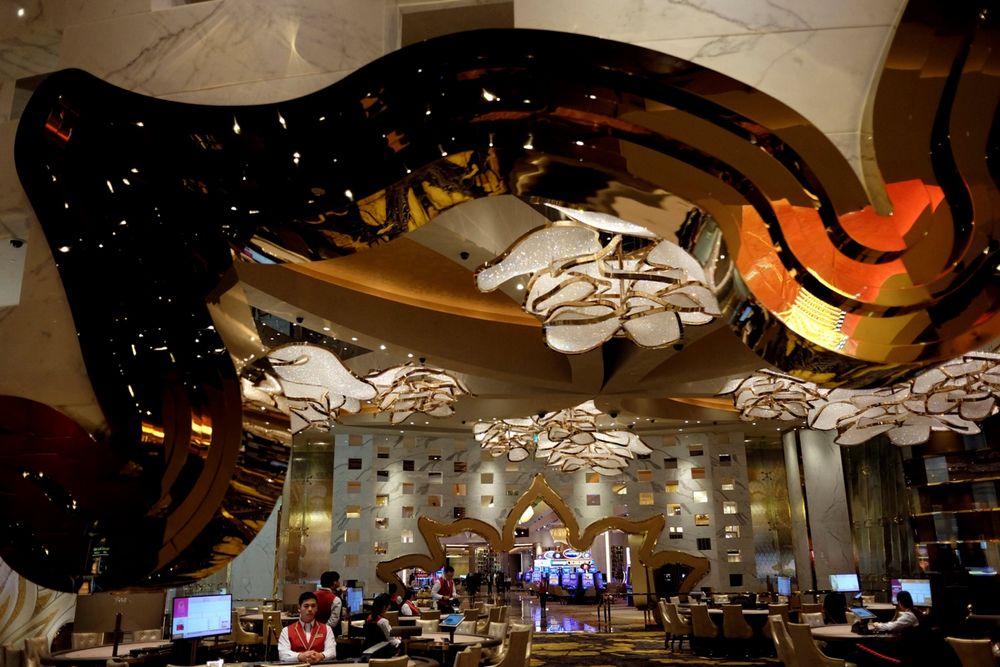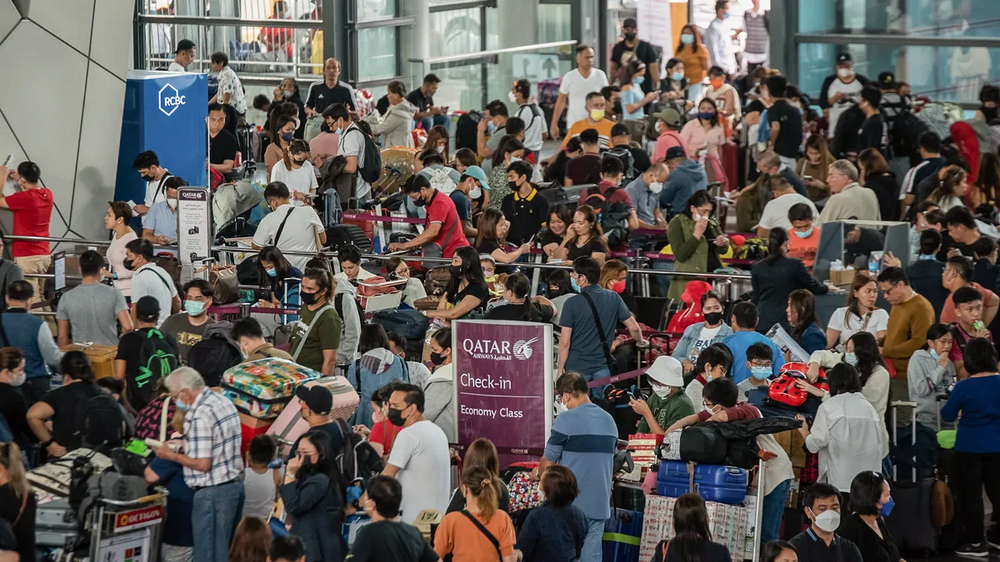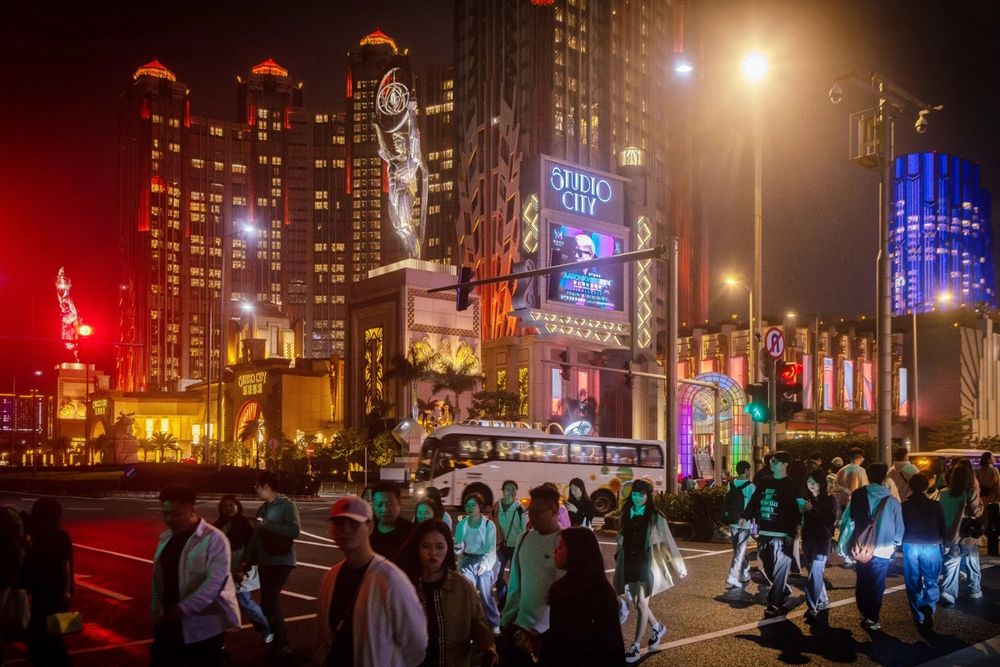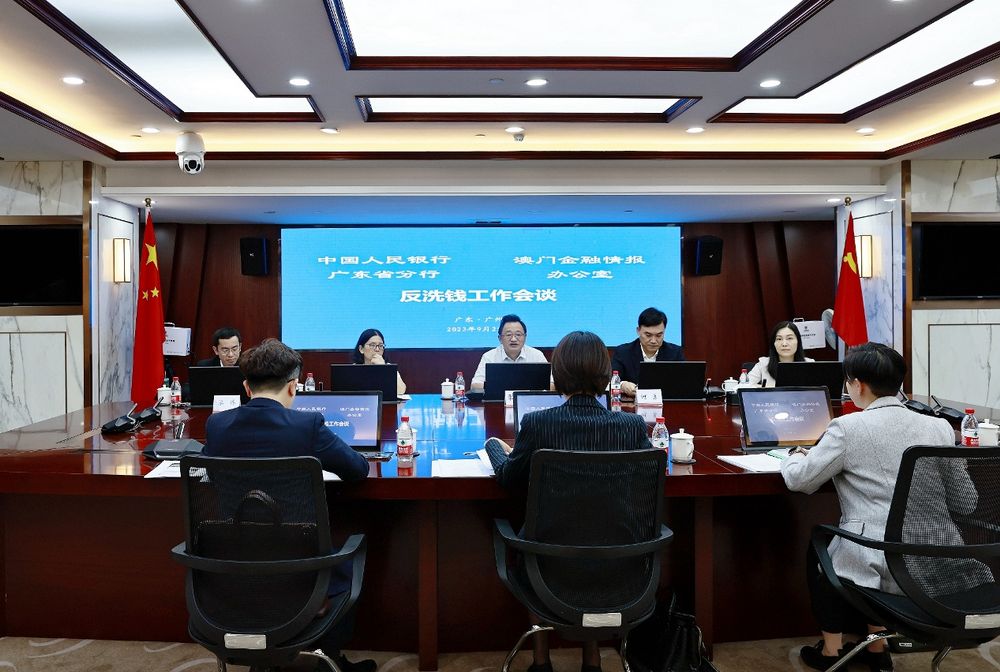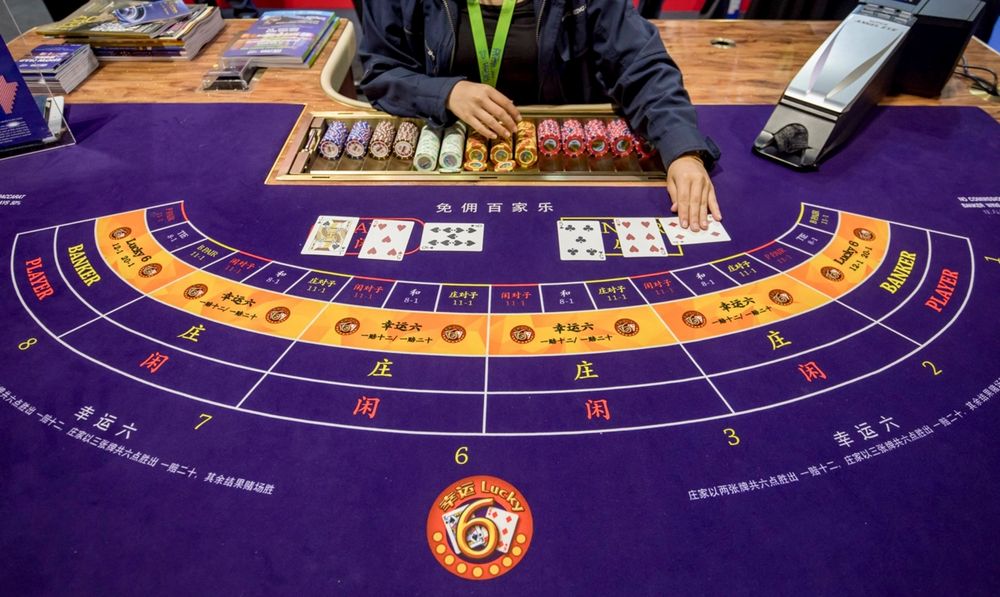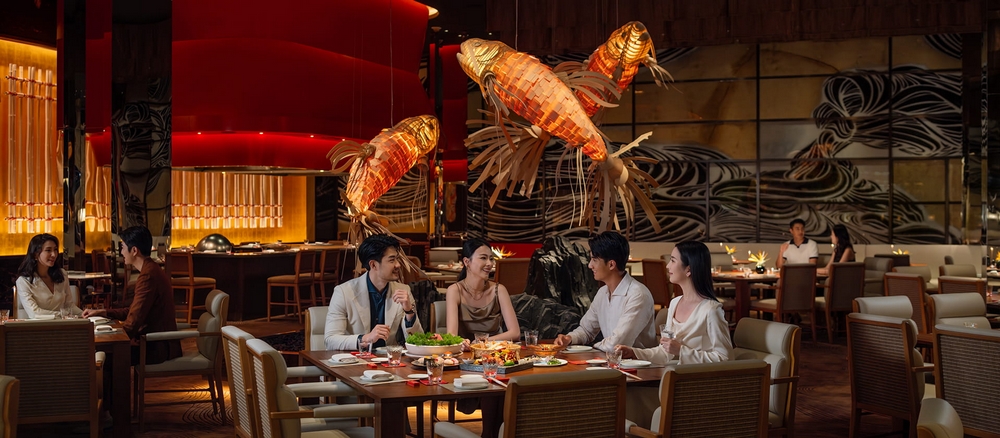In a strategic move to boost tourism and invigorate the economy, Thailand's Cabinet approved a draft bill on January 13, 2025, to legalize casinos within large-scale entertainment complexes. The proposed legislation includes stringent measures for local participation, notably requiring Thai nationals to have at least 50 million baht (approximately $1.5 million) in fixed deposits for a minimum of six months to gain entry into these establishments.

The bill outlines the development of "entertainment complexes" encompassing casinos, hotels, malls, convention centers, and theme parks. While foreign visitors would have free access to the casinos, Thai citizens would be subject to an entry fee of up to 5,000 baht (approximately $148). These financial thresholds aim to ensure that only affluent individuals engage in gambling activities, potentially limiting the local customer base.

Despite the government's projections of increased tourism and significant revenue generation, public opinion remains divided. A recent poll indicated that a majority of Thais oppose the legalization of casinos and online gambling, citing concerns over potential social issues such as increased gambling addiction and household debt.
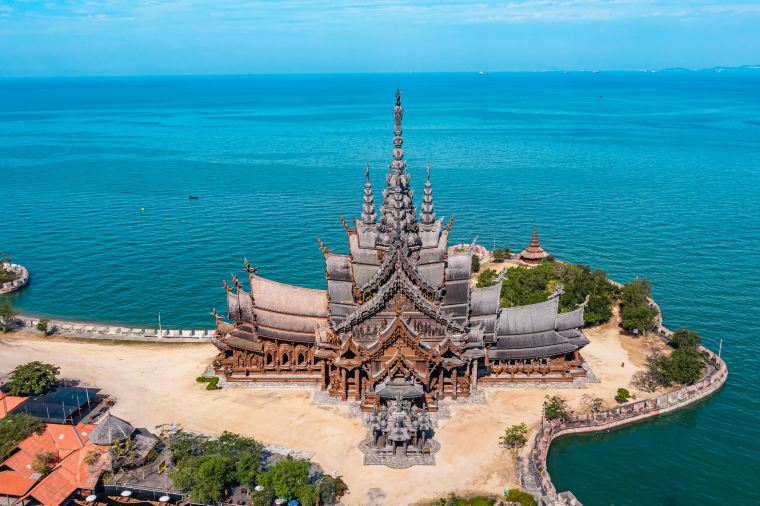
The draft law, backed by Prime Minister Paetongtarn Shinawatra and her father, former premier Thaksin Shinawatra, aims to curb illegal gambling activities and position Thailand as a competitive destination in the regional gaming industry. Neighboring countries like Cambodia, Singapore, and the Philippines have already established legal casinos, drawing tourists and revenue from the region.
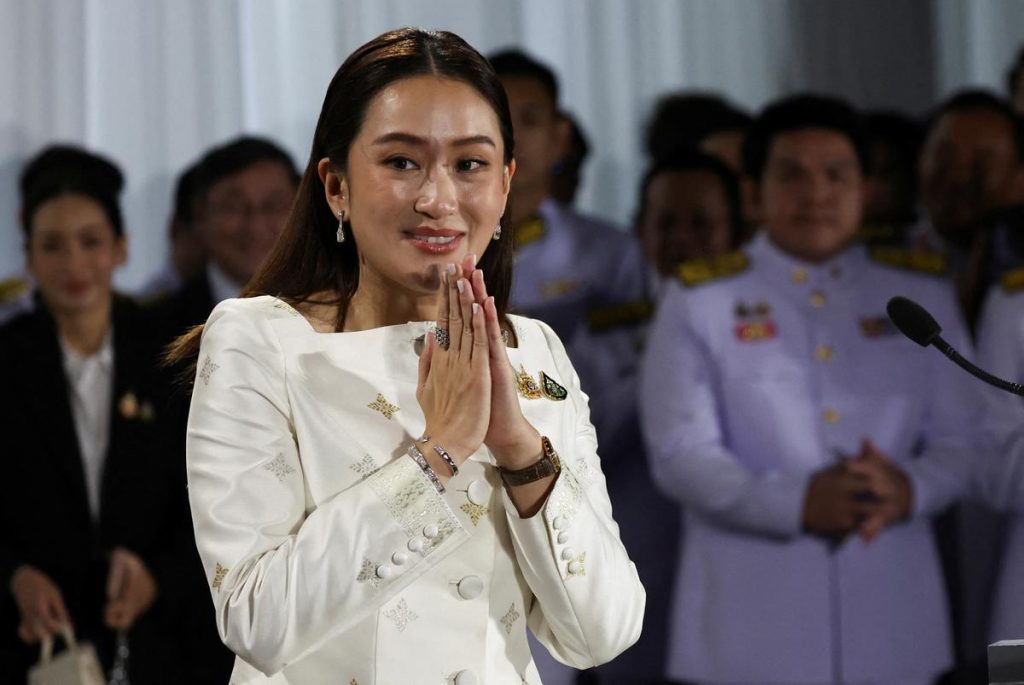
As the legislation progresses through public hearings and parliamentary deliberation, the government must balance attracting foreign investment with addressing domestic concerns. The success of this initiative will depend on implementing robust regulations that promote responsible gambling while mitigating potential social repercussions.











